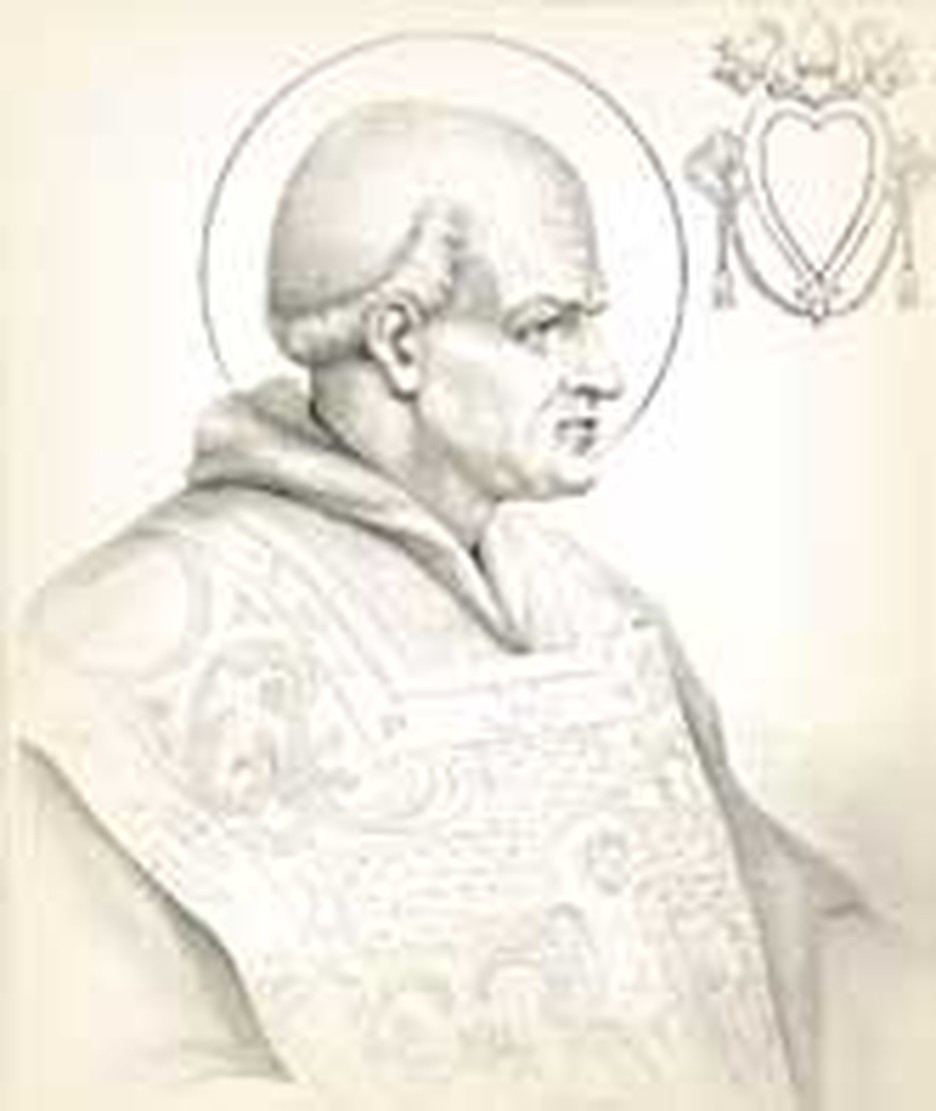
John, Bishop (pope) of Rome, did not want to travel to Constantinople. But Theodoric, the Gothic ruler of Italy, insisted he must. An Arian, Theodoric had become suspicious of the recent thaw between the eastern and western branches of the church.
Not long before, bishops in the two halves of the empire had been at odds over the Monophysite heresy. Most eastern bishops had accepted the Henoticon, a statement of faith carefully crafted by bishop Acacius and promulgated by emperor Zeno to allow the Monophysite heresy to persist without seeming to violate any orthodox tenets. Western bishops, led by Rome, repudiated the Henoticon because it ignored statements made by the Council of Chalcedon regarding the relationship between Christ's Godhead and manhood.
Emperor Justin made Theodoric more suspicious, furious even, by depriving Arians of their churches in the eastern half of the empire. Theodoric remonstrated with Justin. "To pretend to dominion over the conscience is to usurp the prerogative of God." Justin thought not. Society requires unity of belief. Theodoric ordered John to travel to Constantinople and convince the emperor to restore the churches. John protested. He was committed to stamping out heresy, not pleading for it. Theodoric hinted darkly that he might go to war against Justin in behalf of the beleaguered Arians.
Reluctantly John began the wearisome, dangerous voyage to Constantinople. Along the route he was hailed with joy by great crowds. Twelve miles outside the Imperial city, clergy greeted him with crosses and candles. Justin himself seemed glad, and met him with high honors.
The high point of John's journey came on this day April 19, 526,. when he performed the liturgy in Constantinople's gloriously decorated cathedral, the Santa Sophia. (The Hagia Sophia of Justinian was not yet built.) With oriental splendor John crowned Justin emperor. Eastern bishops vowed loyalty.
Justin, of course, had no intention of meeting Theodoric's demands. John would have to return west virtually empty-handed. He cannot have expected a hearty welcome from Theodoric. Nor did he get it. Theodoric flung him into prison in Ravenna. He must have trembled for his life, for Theodoric had, in his absence, butchered the philosopher/ theologian/ educator Boethius as well as Senator Symmachus.
Theodoric was spared the exertion of ordering the good bishop's execution. Worn out with travel and the privations of prison, John died. The church canonized him as a saint and martyr.
Bibliography:
- Brusher, J. Popes Through the Ages. Princeton, New Jersey: Van Nostrand, 1964.
- Clungnet, Leon. "Pope St. John I." The Catholic Encyclopedia. New York: Robert Appleton, 1914.
- Lea, Henry C. Studies in Church History. Philadelphia: Henry C. Lea; London: Samson, Low, Son, & Marston, 1869; p.18.
- Montor, Chevalier Artaud de. Lives and Times of the Popes. New York: Catholic Publication Society of America, 1909. Source of the image.
Last updated April, 2007.








